What Are COVID-19 Vaccine Side Effects, and How Long Do They Last?
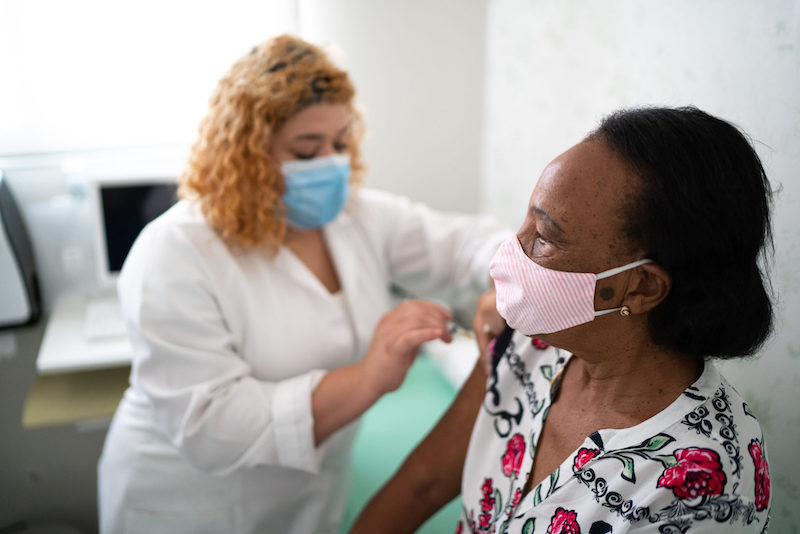
May 03, 2021
Updated:8/24/22
Side effects from the COVID-19 vaccine differ from person to person. Some people experience flu-like symptoms. Others feel discomfort at the injection site. Still others don’t notice anything at all. It’s impossible to know what side effects you may experience until you get vaccinated, but symptoms typically disappear within a few days.
Here are answers to questions that you may have about COVID-19 vaccine side effects:
What are common side effects of COVID-19 vaccines?
Of the four COVID-19 vaccines that have been available within the U.S., two are mRNA vaccines (Pfizer and Moderna), one is an inactivated viral vector vaccine (Johnson & Johnson), and the last is protein based vaccine (Novavax), similar to what’s used for the flu vaccine.
People who receive (or have received) any of these vaccines may experience common side effects such as:
- pain at the injection site
- swelling in the arm that received the injection
- redness at the injection site
- feeling tired or fatigued
- headaches
- muscle pain or achiness
- fever
- chills
- nausea
- “COVID arm” – a harmless red rash that appears, on rare occasions, at the injection site about a week after the injection (this can be associated with the Moderna mRNA vaccine)
Are there special side effects to be aware of from the Johnson & Johnson viral vector vaccine?
On May 5, 2022, the FDA limited the authorized use of the Johnson & Johnson (Janssen) COVID-19 Vaccine to those 18 and older who:
- Are allergic to an ingredient within the mRNA vaccines, or had a severe reaction after their first dose,
- Don't have access to the other approved COVID-19 vaccines, or
- Who elect to receive the J&J brand and would otherwise not be vaccinated.
The FDA released this recommendation due to the risk of a rare blood clotting syndrome, thrombosis with thrombocytopenia syndrome (TTS). The CDC notes that the risk of TTS occurs at a rate of about 3.83 cases per million doses administered.
The FDA did add the recommendation that if you notice any of the following symptoms in the first two weeks after you receive the Johnson & Johnson / Janssen vaccine, you should seek medical care right away:
- severe headaches
- blurred vision
- fainting or seizures
- stomach or chest pain
- swelling or pain in the legs
- trouble breathing, or shortness of breath
- bruising easily
What’s makes the Novavax vaccine different from the other vaccines?
The COVID-19 vaccines differ in a few ways, including how many shots are needed, how they were developed, and how they initiate an immune response in your body.
The Novavax vaccine uses protein subunits – this type of vaccine development has been used for over 30 years for protection against illnesses like hepatitis, shingles and other diseases.
The Novavax vaccine is distributed in a two dose series, the second shot given three weeks after the first.
Should I expect side effects to be worse after my second COVID-19 vaccine shot?
Maybe. Some people who receive the COVID-19 vaccines do experience side effects more intensely after the second shot. This is normal and expected, but it doesn’t happen to everyone. Even if you feel worse after the second shot, the side effects should still resolve within a few days.
Do COVID-19 vaccine side effects mean that I have a mild case of COVID-19?
No. It’s not possible to get COVID-19 from any of the COVID-19 vaccines, because none of them contain SARS-CoV-2, the virus which causes the COVID-19 illness. The vaccines are designed to help your body protect itself from COVID-19. Any side effects which you feel after getting vaccinated are signs that the shot has activated your immune system.
What can I do to relieve the discomfort of COVID-19 vaccine side effects?
Depending on your symptoms, you may try:
- putting a cold compress (such as a damp washcloth) on the injection site
- using your arm, rather than keeping it inactive, to reduce injection site discomfort
- checking with your doctor to see if you can take over-the-counter painkillers
- drinking lots of fluids
- wearing lighter clothing, if you’re feeling feverish
Is there something wrong if I don’t experience side effects from the COVID-19 vaccine?
No. After getting the COVID-19 vaccine, some people don’t notice any pain at the injection site, and they also don’t feel run-down or achy in any way. That’s normal and expected when it happens. Many people who were vaccinated during the COVID-19 clinical trials experienced no symptoms but were found to be protected by the vaccine. So if you don’t feel under the weather, don’t worry – it’s still working.
Next Steps & Resources:
- Meet our source: Thomas Bader, M.D.
- To make an appointment with a Hackensack Meridian Health doctor near you, call 800-822-8905 or visit our website.
The material provided through HealthU is intended to be used as general information only and should not replace the advice of your physician. Always consult your physician for individual care.
How to Make Your Vaccine Visit as Smooth as Possible
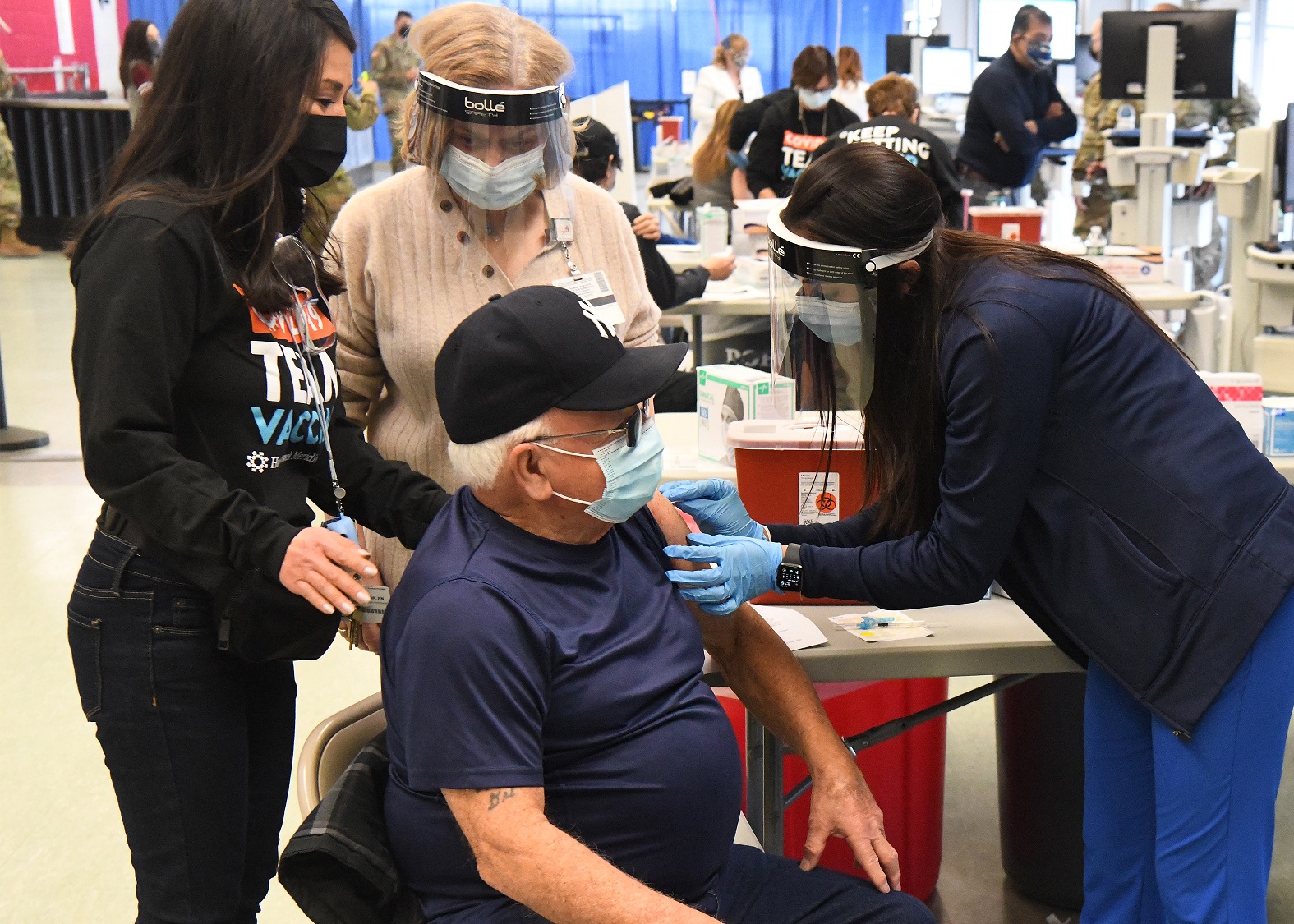
Knowing a few things beforehand should make your appointment run more smoothly.
How to Prepare for Your COVID-19 Vaccine
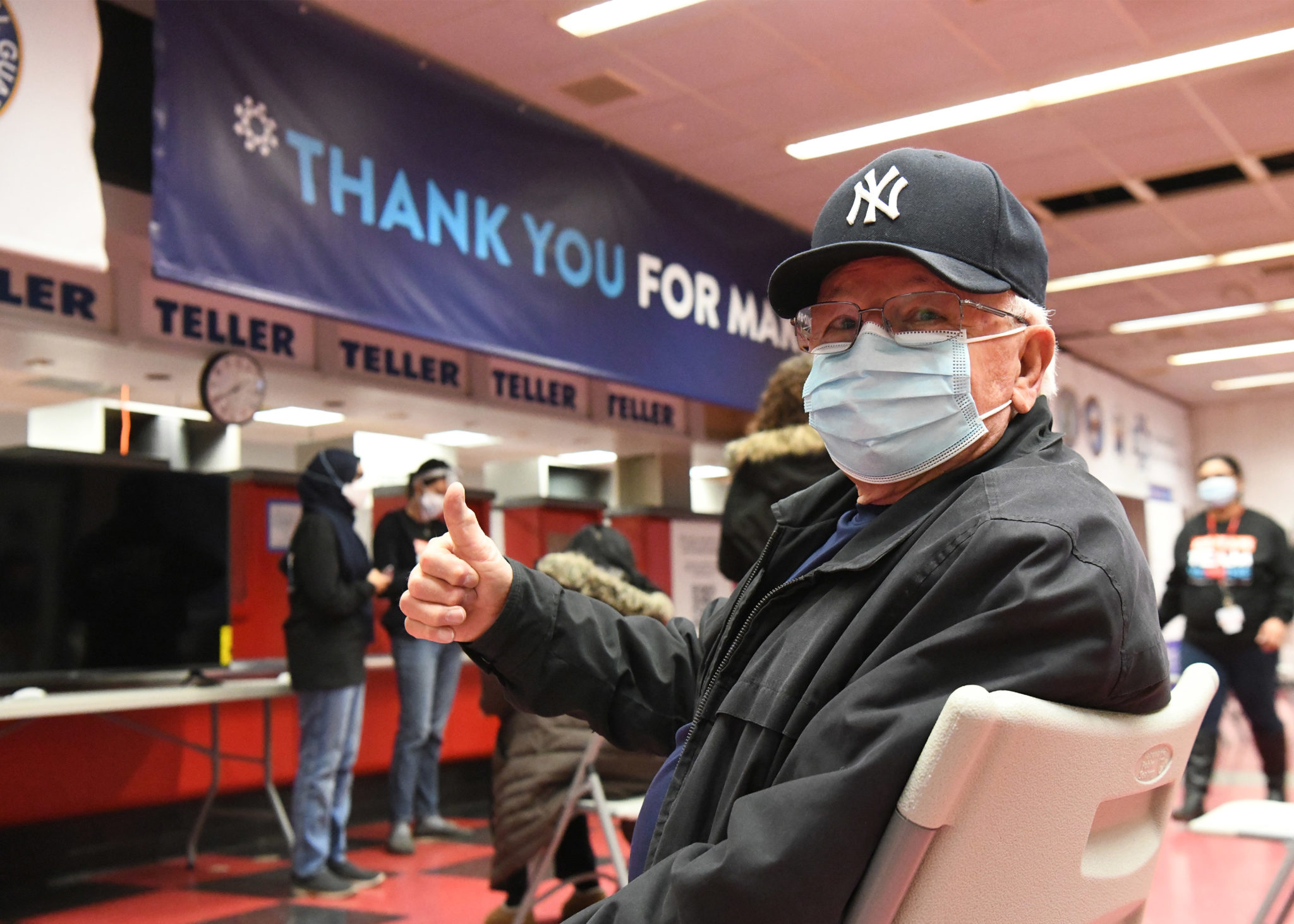
You’re probably already daydreaming about the things that you’ll do once you’re fully vaccinated, but have you considered what to do to get ready for your appointment?
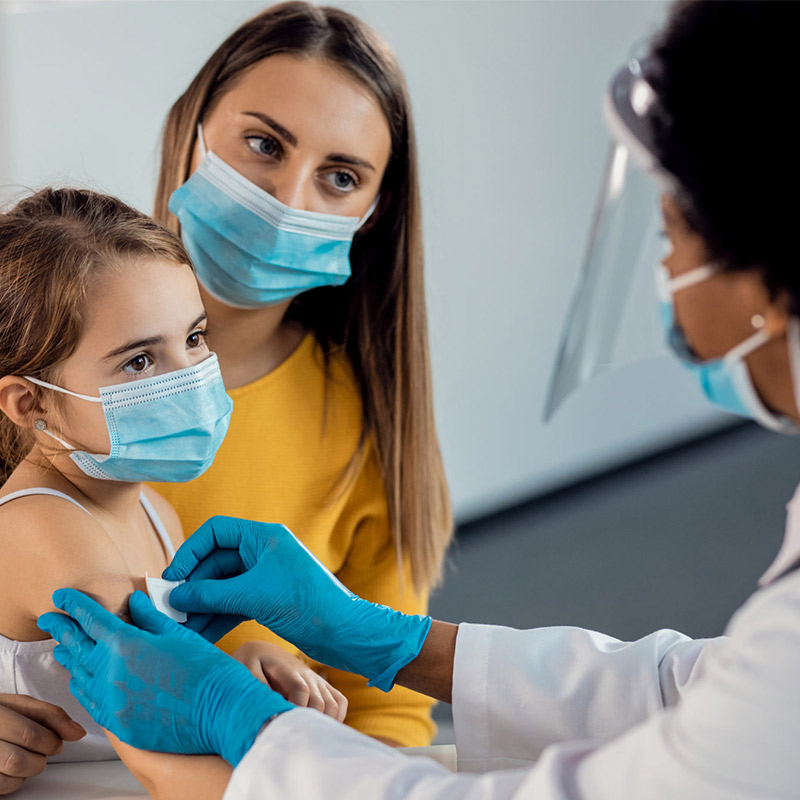
COVID Vaccine and Children: What to Know
Here's everything parents need to know about the COVID vaccine.
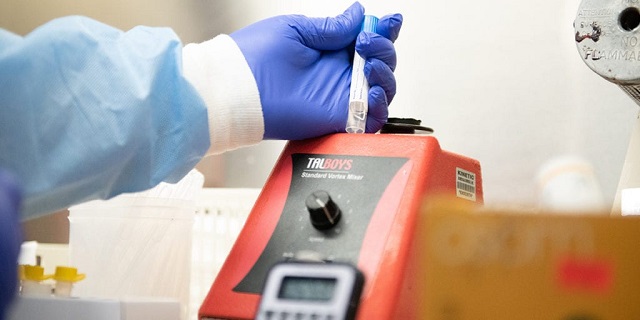
What Can You Do After You’re Fully Vaccinated Against COVID?
There are advantages to getting fully vaccinated against COVID-19.
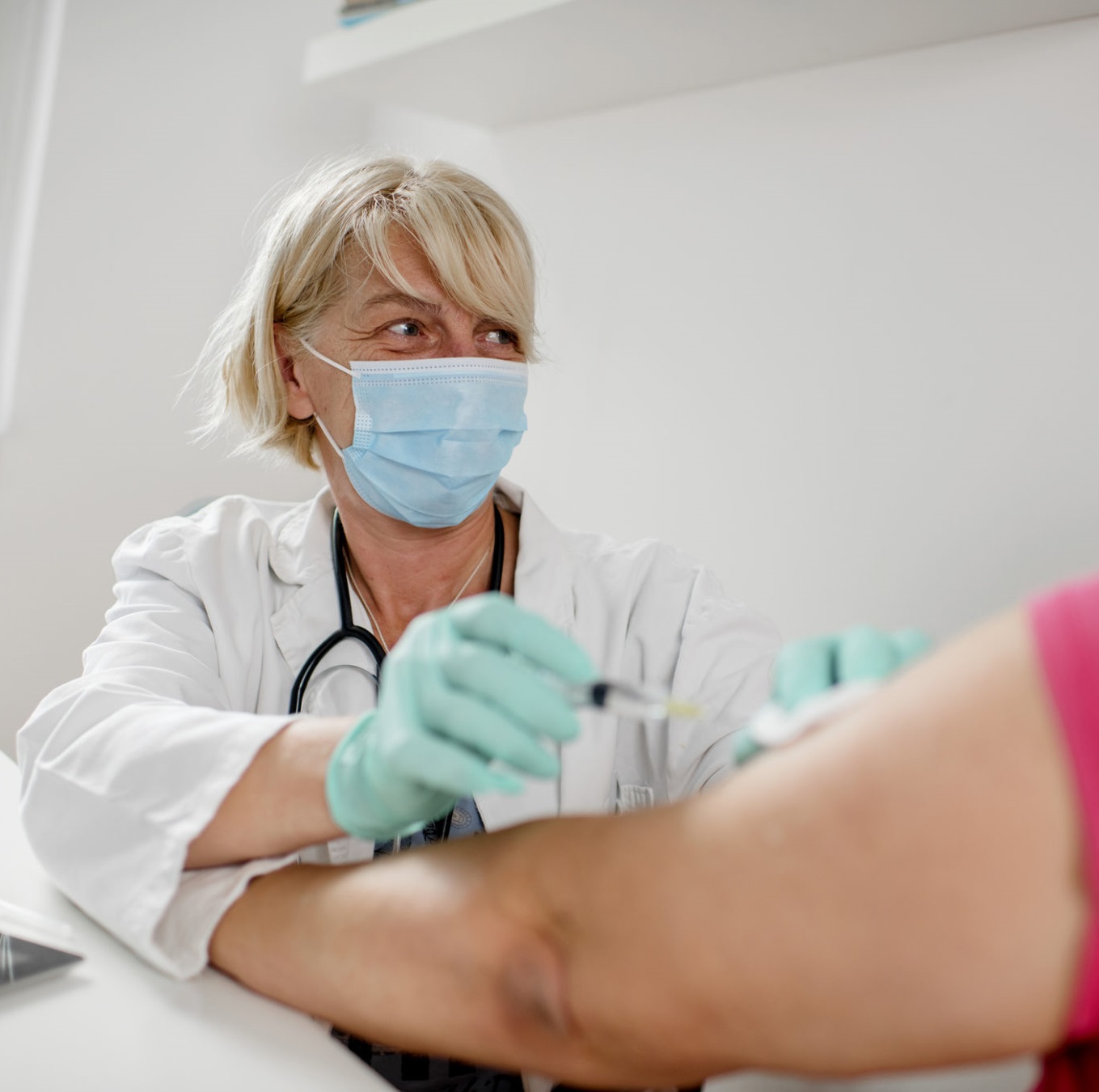
Reduce Your Fear of Needles
A fear of needles can seem debilitating. Here are some tips to help overcome the phobia.
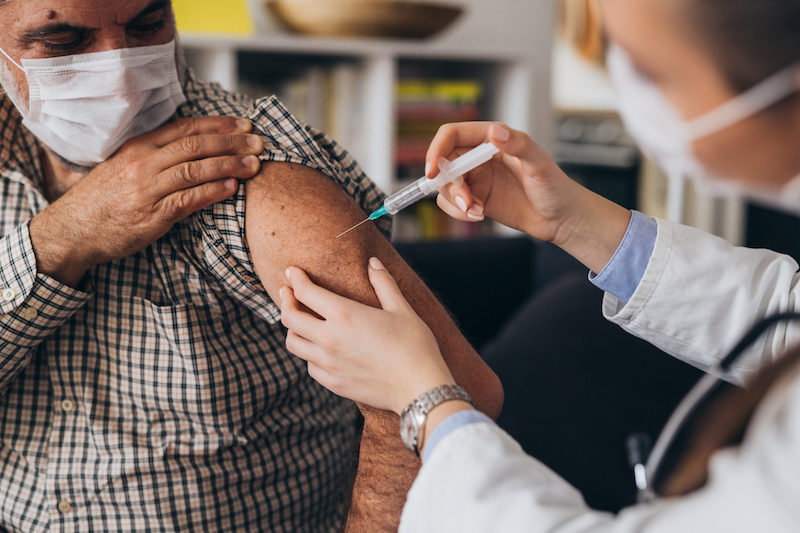
Recovered from COVID-19? Why You Still Need a Vaccine
Dr. Thomas Bader has answered common questions about the COVID-19 vaccine that you may have if you’ve already experienced the illness